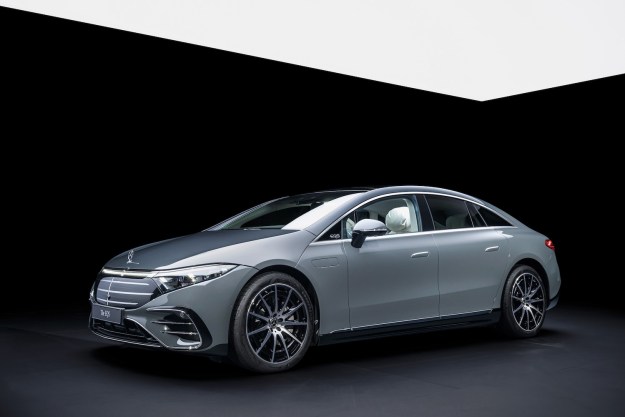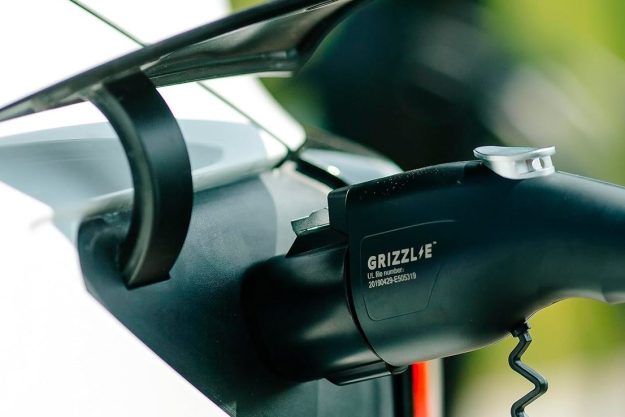The ongoing coronavirus pandemic is changing the way Americans move around. Some of us who relied intensively on ridesharing services and public transportation are ready to once again become motorists, according to a study.
Website Cars.com polled 3,021 men and women between 23 and 73 years old from March 13 to 16. More than 40% of the respondents said they’re using ridesharing services like Uber and Lyft less often to reduce the odds of catching and/or spreading the contagious virus, and 93% of them said they’re instead firing up their personal car. Cars aren’t exactly the cleanest environments, but at least you (hopefully) know whose filth you’re bathing in when you drive your own. In this context, riding in a stranger’s car that carries thousands of other strangers annually becomes extremely unappealing. The same goes for a bus, a train, or a taxi.
The study suggests Americans are rediscovering the freedom that comes with owning their own car, whether it’s an exotic or an old beater. Twenty percent of the respondents replied they started looking into buying a car after the virus began spreading across the nation. Of that number, 40% admitted they want to drive themselves around because they’re not comfortable taking public transportation, and 28% bluntly said they don’t trust the cleanliness of the cars they ride in, whether they’re carpooling or ridesharing.
As I predicted, the numerous calls for social distancing, stay-at-home orders, and lockdowns rattling the nation are making online shopping increasingly appealing. The good news is that, in a separate survey, Cars.com learned that 77% of the 238 dealers it polled offer online estimates for trade-ins, 72% offer an online chat for price negotiations, and 58% offer some kind of home delivery. Better yet, 29% are taking steps to make the process more streamlined.
In the early 2010s, when programs like Shop Click Drive by General Motors were launched, they were largely aimed at buyers who didn’t feel comfortable talking to sales personnel, haggling, and sitting down to complete the transaction. Fast-forward to the early 2020s, and buying a car on your couch is a way to spend as much time as possible in a germ-free, socially distant environment. Porsche is notably making it easier for its retailers to set up an online sales channel for new and used cars, and it encourages its brick-and-mortar stores to offer home delivery.
The ridesharing industry will recover, though the companies racing to put autonomous shuttles on the world’s roads will learn a lot from the effects of the pandemic. Online car shopping is here to stay, though, virus or no virus.




